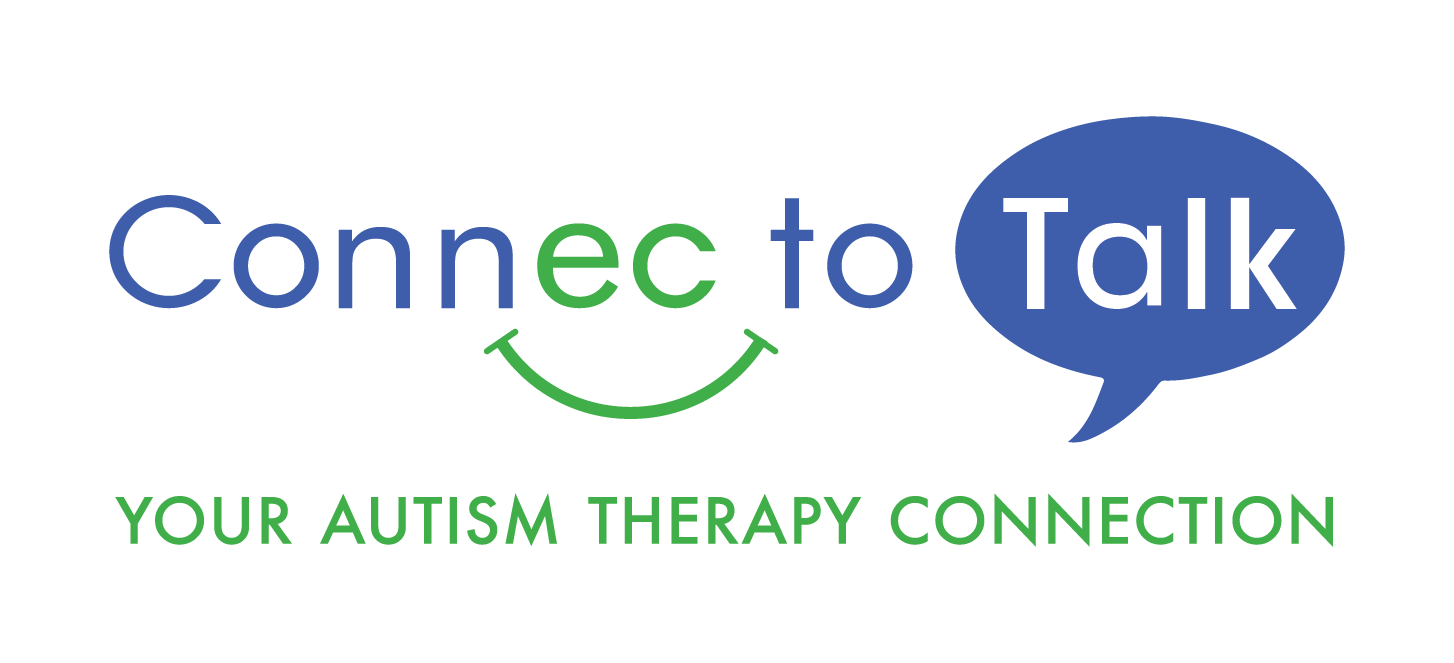![Tackling Ableism: Phrases to Ditch When Talking About Autism Happy New Year Connec-to-Talk Families & Employees! As we enter 2025, Connec-to-Talk is committed to providing more empathetic care. Ableism, particularly against the autistic community, is a major barrier to this standard of care. This month we are exploring commonly used ableist phrases that are geared towards autistic children and adults. We will examine the […]](https://connec-to-talk.com/wp-content/uploads/2023/02/CTT-ABA-Pics.jpeg)
Happy New Year Connec-to-Talk Families & Employees! As we enter 2025, Connec-to-Talk is committed to providing more empathetic care. Ableism, particularly against the autistic community, is a major barrier to this standard of care. This month we are exploring commonly used ableist phrases that are geared towards autistic children and adults. We will examine the misconceptions behind these statements.
Ableism refers to discriminatory language, perceptions, or actions that negatively impact disabled persons. It often leads others to make incorrect assumptions on disabled people or their specific disability. Ableism most often underestimates the capabilities, intelligence, and inherent value of disabled persons. Persistent ableism negatively impacts both the public and private spheres of a disabled person’s life. Ableism can result in inaccessible public spaces for example, limiting the independence of disabled individuals. It can also result in prejudicial social interactions and act as a major barrier to empathetic relationships.
Ableism in conversation often comes from a place of ignorance or misunderstanding rather than one of malice. The impact to disabled parties when ableist comments are made remains the same, regardless of the intention. The responsibility is on each of us to educate, make reasonable accommodations, and treat disabled persons with due respect.
Below is a list of common phrases you may have encountered or may have even previously used yourself in conversation. We want to challenge these misconceptions and would like to empower you to have more respectful interactions with your autistic loved ones.
- “Everyone is a little bit autistic”
- This is an incorrect statement. There is an autism spectrum that represents the varying levels of support needs for autistic people, but this spectrum only applies to actually autistic people.
- All people may have quirks – unique likes or dislikes for example. These, however, do not equate to true sensory challenges common in the autistic community.
- “Ugh, I can’t wait for my child to grow out of this”
- Autism is a lifelong disability. There is no cure for autism.
- Acceptance is a necessary component for an autistic child to grow into a happy autistic adult.
- “…But you don’t look autistic”
- This is not a compliment.
- This downplays the internal struggle that autistic people often face with this cognitive disability.
- This is an inherently ableist comment in that it questions the legitimacy of someone’s disability diagnosis.
- “Wow, you must be really high functioning”
- This is also not a compliment.
- Autistic people on the spectrum have varying levels of support needs. Not all of these support needs will be evident to you. It does not, however, make them any less valid.
- “You don’t act like my 5 year old nephew who’s autistic”
- Autism presents very differently based on assigned sex at birth, race, or even socio-economic background.
- Autism is a spectrum and no two autistic people will present the same.
- “That’s so weird; can’t you act normally?”
- This stigmatizes behaviors that come naturally to and are regulating for an autistic person.
- Statements like this can cause feelings of shame and low self-esteem in autistic people.
- Accumulated shame can lead autistic people to heavily mask, almost inevitably resulting in autistic burnout.
Written by: Katherine Lewis



Leave a Reply